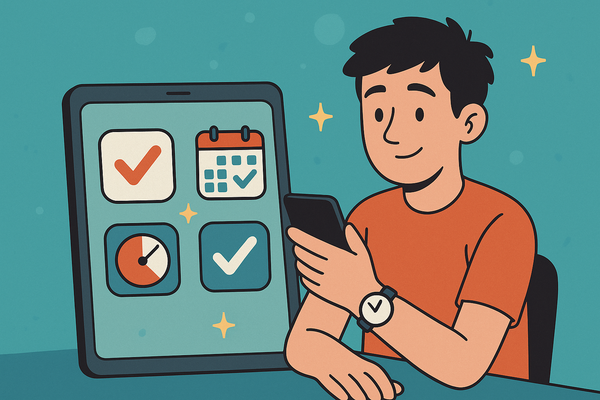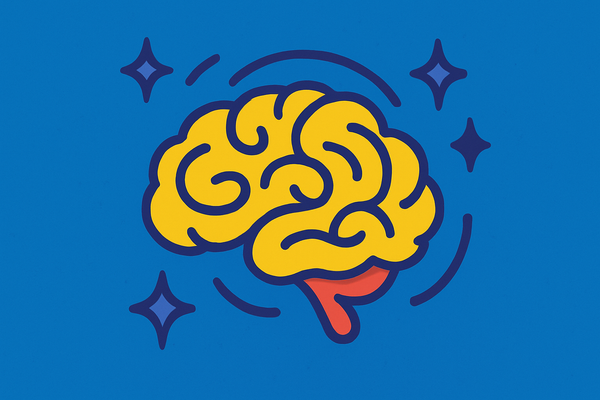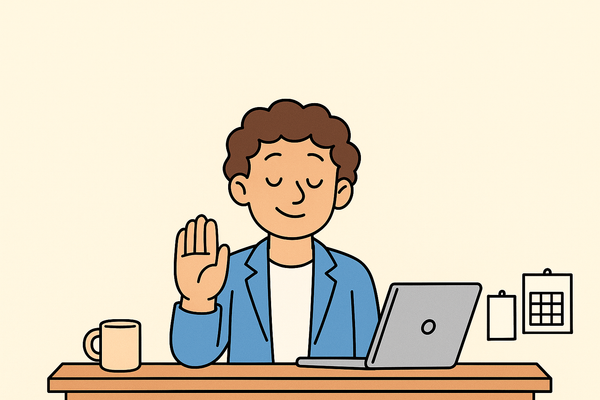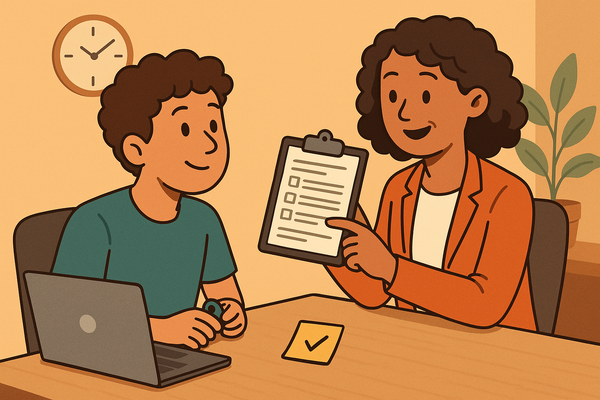How to Tell Your Partner About Your ADHD Diagnosis (Without It Feeling Like a Bombshell)
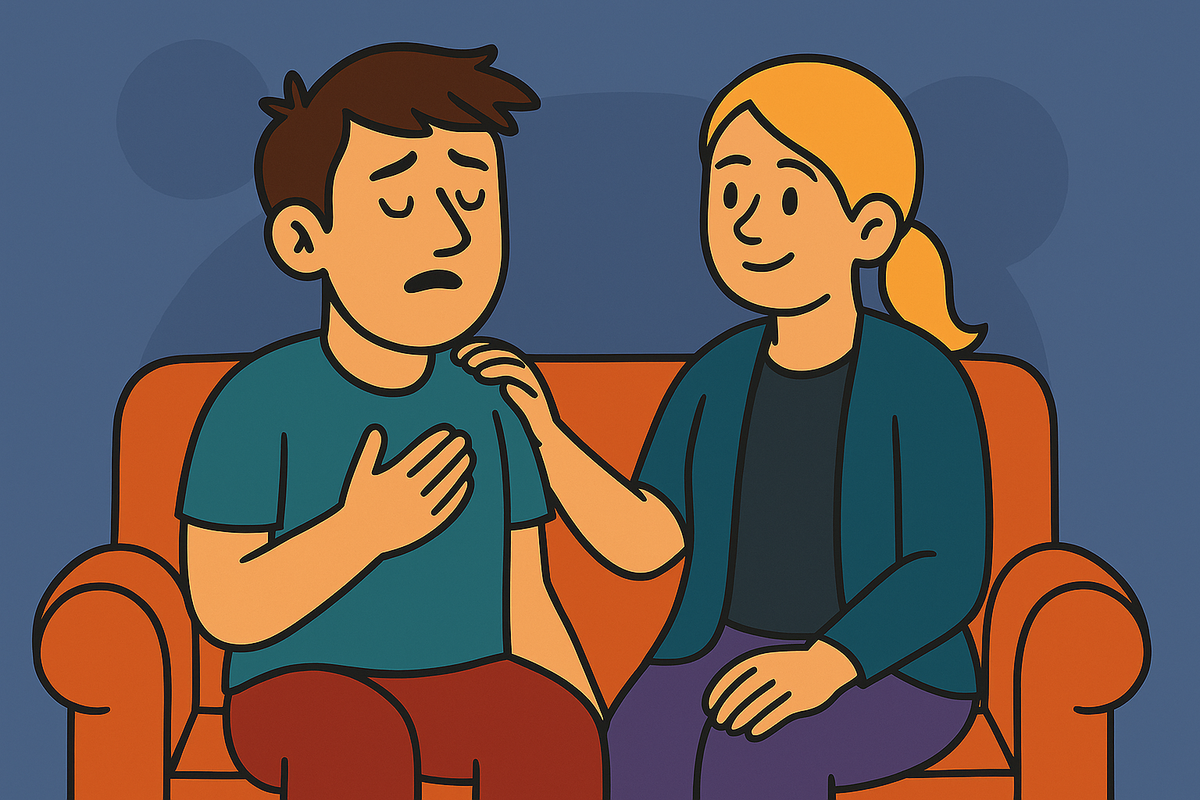
When I was first diagnosed with ADHD, one of the hardest parts wasn’t processing the diagnosis itself. It was figuring out how to explain it to the people closest to me. Telling your partner can feel overwhelming. Will they understand? Will they think differently of you? What if they already suspected?
Here’s the good news: opening up about your ADHD can actually strengthen your relationship. With a little thought and care, it doesn’t have to be a scary conversation.
1. Ground Yourself First
Before you share anything, take a moment to reflect on what your diagnosis means to you. Are you still wrapping your head around it? Feeling a mix of relief and confusion? That’s completely normal. Give yourself time to process and learn. The more clarity you have, the easier it will be to communicate with your partner.
2. Choose the Right Moment
This conversation deserves space. Try to pick a calm time when you won’t be rushed or distracted. Avoid bringing it up during an argument or a busy day. You might start by saying something like, “There’s something important I’ve been wanting to share with you.”
3. Keep It Simple and Honest
You don’t need to give a clinical breakdown of ADHD. Focus on how it shows up in your life and what you’ve learned. You might say:
“I’ve recently been diagnosed with ADHD. It explains a lot of things I’ve struggled with, like focus and time management. I’m learning how to manage it and I wanted to be open with you about it.”
You can also share what the diagnosis has meant to you — maybe it’s brought clarity or helped you feel less alone.
Like what you’re reading? Get weekly ADHD news, tools, and creative strategies delivered straight to your inbox.
4. Be Open About What You Need
This isn’t just about sharing a label. It’s also a chance to talk about support. You might ask for patience when you’re distracted, or help with routines that keep you on track. Make it a two-way conversation, not a confession.
“I’m not expecting you to fix anything. I just want to be honest about what’s going on with me and work together on how to navigate it.”
5. Expect Questions
Your partner might have a lot of questions. Some might be helpful, others might be based on misunderstandings. Try to answer honestly and be patient. If you don’t know something yet, it’s okay to say so. Offer to learn together.
6. Don’t Try to Cover Everything at Once
You don’t need to explain everything in one conversation. This can be the start of an ongoing dialogue. Leave space to come back to it and explore how ADHD affects your relationship, your communication styles, or even how you share responsibilities.
What Helped Me Most
What helped me was realizing that this wasn’t just about revealing a problem. It was about understanding myself better and giving the people I love a chance to understand me, too. My partner appreciated the honesty. It gave us a new language for things we had both noticed but hadn’t fully understood.

